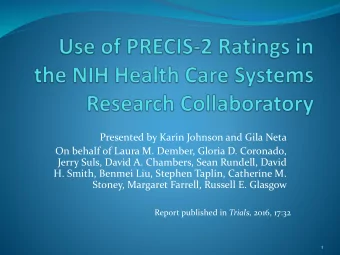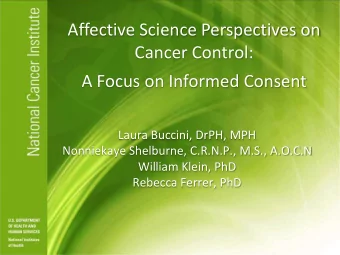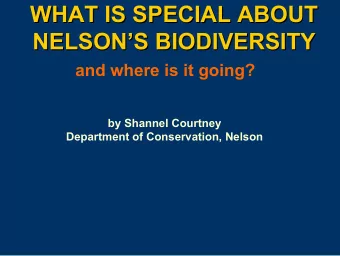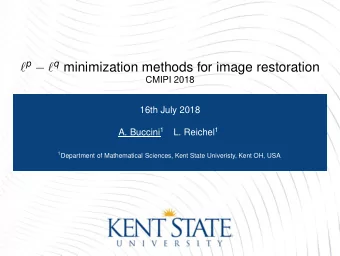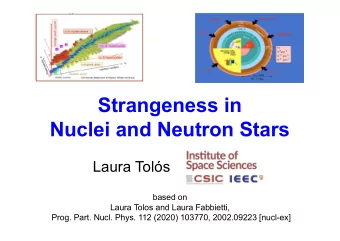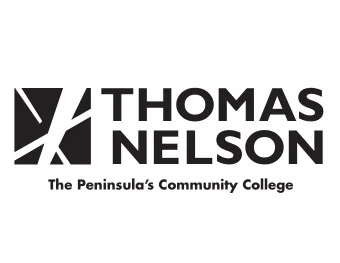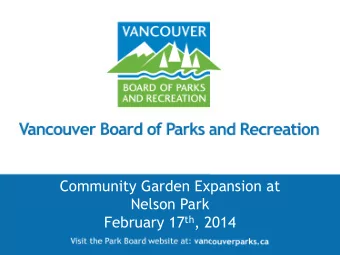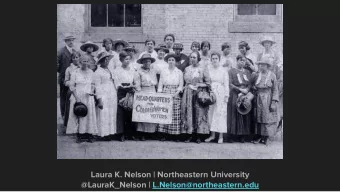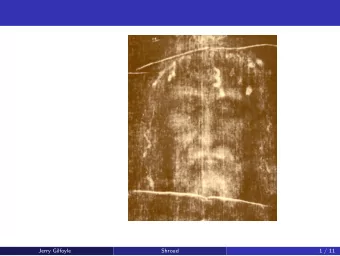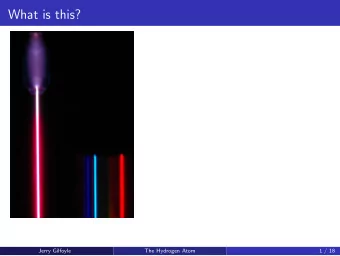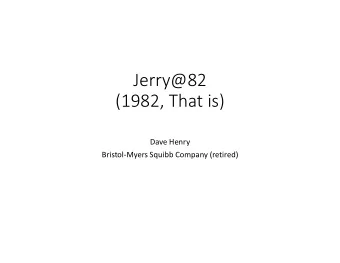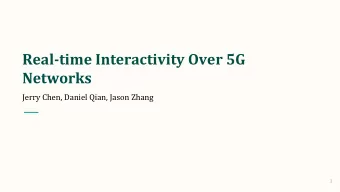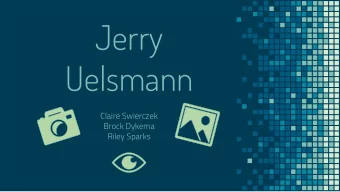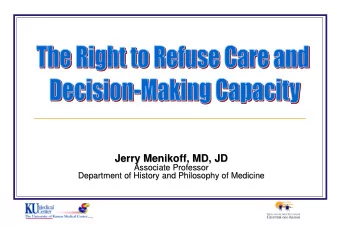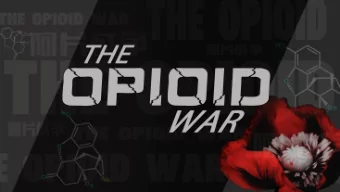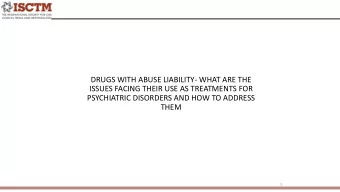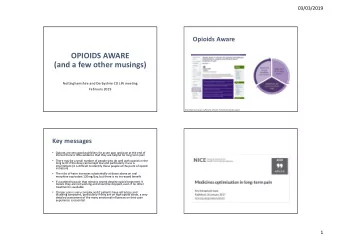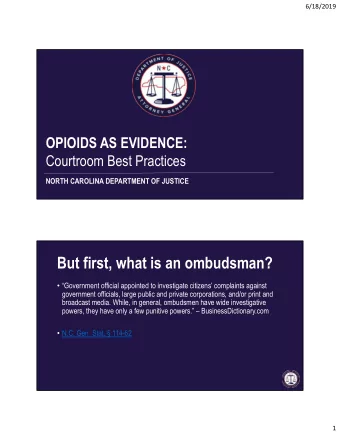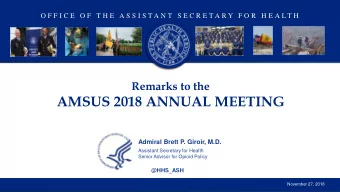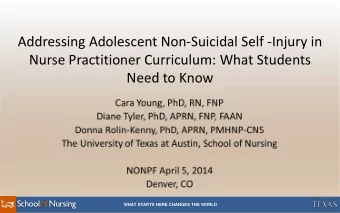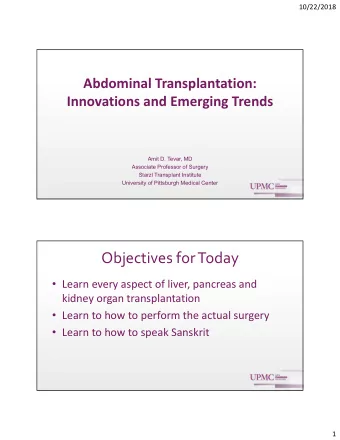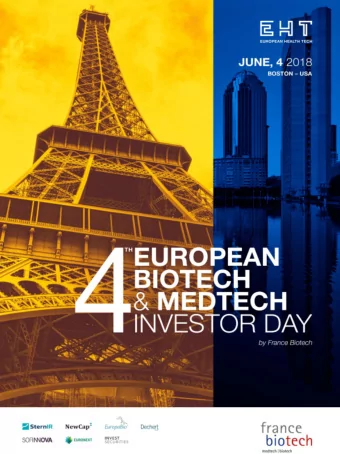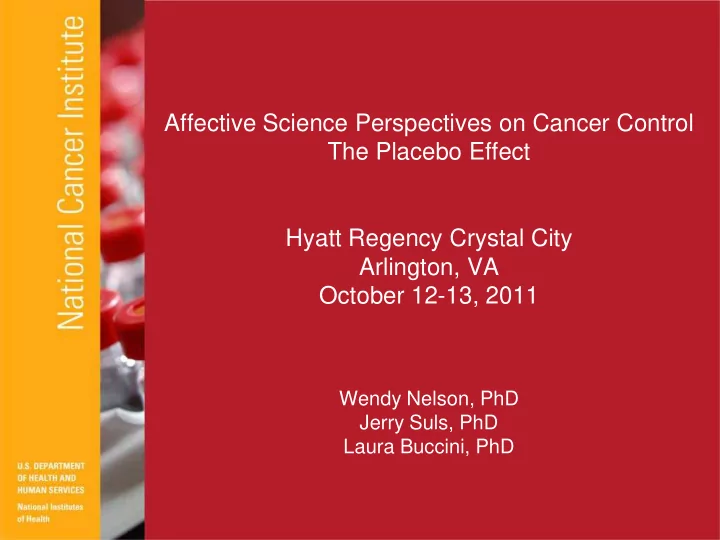
Wendy Nelson, PhD Jerry Suls, PhD Laura Buccini, PhD Affective - PowerPoint PPT Presentation
Affective Science Perspectives on Cancer Control The Placebo Effect Hyatt Regency Crystal City Arlington, VA October 12-13, 2011 Wendy Nelson, PhD Jerry Suls, PhD Laura Buccini, PhD Affective Science Perspectives: Placebo Effect How can
Affective Science Perspectives on Cancer Control The Placebo Effect Hyatt Regency Crystal City Arlington, VA October 12-13, 2011 Wendy Nelson, PhD Jerry Suls, PhD Laura Buccini, PhD
Affective Science Perspectives: Placebo Effect How can emotion theory and research inform our understanding of the placebo effect? Can we leverage the placebo effect to benefit cancer prevention and control?
Affective Science Perspectives: Placebo Effect “…a genuine psychological or physiological effect, in a human or another animal, which is attributable to receiving a substance or undergoing a procedure, but is not due to the inherent powers of that substance or procedure.” (Stewart-Williams & Podd, Psychol Bull , 2004) “…the psychological phenomenon that involves expectation and anticipation of clinical improvement.” (Benedetti, Placebo Effects , 2009)
Affective Science Perspectives: Placebo Effect “…the study of the placebo effect is the study of the psychosocial context around the patient.” (Benedetti et al., J Neurosci , 2005) “Contextual healing” (Miller & Kaptchuk, J R Soc Med , 2008) “…the placebo response is an evolutionarily adaptive trait…” (Thompson et al., Cult Med Psychiatry, 2009) “Placebo effects are treatment effects caused not by the physical properties of a treatment but by the meaning ascribed to it.” (Wager et al., PNAS , 2007)
Affective Science Perspectives: Placebo Effect Expectancy • Conscious process • Influenced by verbal suggestion Conditioning • Involuntary process • Influenced by experience (association between a treatment context and a neurophysiological response) There is not a single placebo effect, but many effects
PSYCHOSOCIAL Conscious Unconscious CONTEXT COGNITION Conditioned Conditioned • Expectation response stimulus • Belief EFFECT • Trust (e.g. colour or shape • Hope of a pill) Pairing Unconditioned stimulus (e.g. drug inside the pill) Benedetti F (2009). Placebo Effects: Understanding the Mechanisms in Health and Disease. Oxford University Press, New York.
Affective Science Perspectives: Placebo Effect • Pain • Anxiety • Depression • Motor function (Parkinson’s disease) • Addiction • Anticipatory nausea and vomiting • Immune function
Mechanisms Activating Endogenous Opioid Systems and Nonopioid Systems in Placebo Analgesia Amanzio & Benedetti, J Neurosci , 1999
Linking Expectations and Placebo Effects • Positive affectivity pathway • Anxiety-reduction pathway • Interpretive frame pathway (Geers & Rose, Soc Personal Psychol Compass , 2011)
Top: Open versus hidden administration of morphine treatment (10 mg) for postoperative pain. Bottom: Open versus hidden interruption of a morphine treatment. NRS=numerical rating scale Colloca et al., Lancet Neurol, 2004.
Affective Science Perspectives: Placebo Effect Effects of Perceived Treatment on Quality of Life and Medical Outcomes in a Double-blind Placebo Surgery Trial McRae et al., Arch Gen Psychiatry , 2004
Concurrent Pain Ratings as a Function of Choice Condition and Time Rose et al., J Behav Med , 2011
Affective Science Perspectives: Placebo Effect How can emotion theory and research inform our understanding of the placebo effect? Can we leverage the placebo effect to benefit cancer prevention and control?
Recommend
More recommend
Explore More Topics
Stay informed with curated content and fresh updates.
